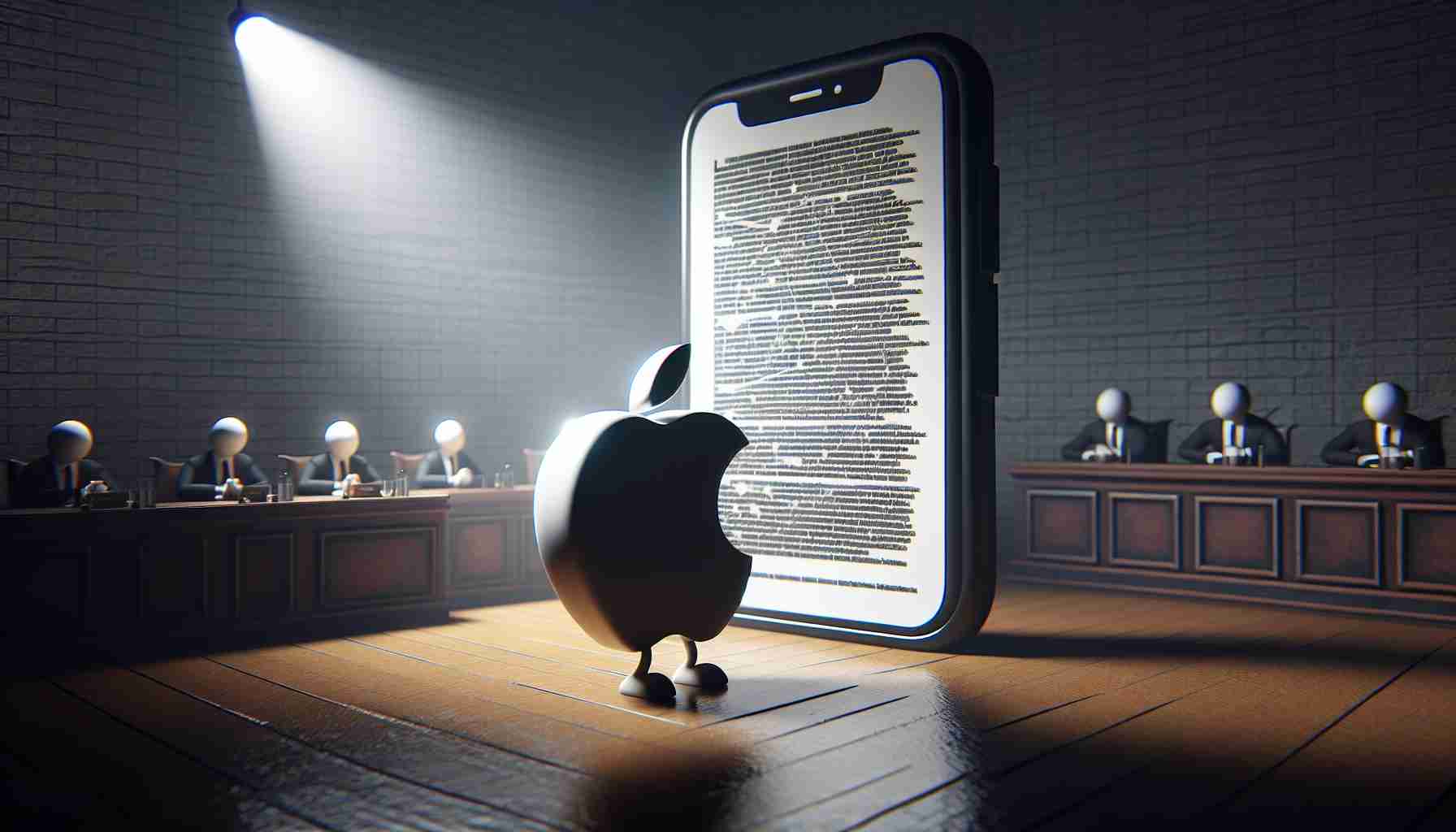The United States Department of Justice (DOJ) has taken legal action against tech giant Apple, accusing the company of monopolizing the US smartphone market and stifling competition. The civil antitrust lawsuit, filed in a New Jersey federal court, asserts that Apple has consistently undermined competitors’ products and leveraged its dominant position to boost its revenues.
At the core of the lawsuit is Apple’s flagship product, the iPhone, which has played a pivotal role in the company’s staggering $2.7 trillion valuation. The DOJ alleges that Apple has employed a range of tactics, including imposing restrictive rules and restrictions, to extract higher fees, inhibit innovation, provide a subpar user experience, and hamper competitive alternatives.
The Biden administration, which has pledged to address corporate consolidation and promote fair competition, regards this lawsuit as a significant antitrust effort. Similar actions have already been taken against other tech giants including Google and Amazon. By challenging Apple’s alleged unlawful practices, the administration hopes to level the playing field and foster a more diverse and competitive marketplace.
Apple, however, vehemently denies these accusations and promises to mount a vigorous defense. The company contends that its focus on integrating hardware and software creates a seamless user experience, even though the DOJ argues that Apple has flouted antitrust laws to achieve its prominent market position.
This lawsuit is not the first time Apple has faced scrutiny from antitrust enforcement bodies. Authorities in Europe, Japan, and South Korea have also expressed concerns about the company’s business practices.
In response to the lawsuit, Apple’s stock price experienced a slight decline of just over 3 percent. The outcome of this legal battle will have far-reaching implications for the tech industry and the future of competition in the smartphone market.
The smartphone industry is a highly competitive and rapidly evolving sector. With the rise of smartphones, consumers have become increasingly reliant on these devices for communication, entertainment, and everyday tasks. According to market research firm Statista, the global smartphone market was valued at $714 billion in 2020 and is projected to reach nearly $1 trillion by 2026.
Apple, with its iPhone product line, has long been a dominant player in the smartphone market. The company’s innovative designs, user-friendly interfaces, and strong brand loyalty have contributed to its success. However, some critics argue that Apple’s market dominance has come at the expense of competition and consumer choice.
The DOJ’s lawsuit against Apple highlights the issue of monopolistic behavior in the smartphone market. The department alleges that Apple has leveraged its position to impose restrictive rules and fees on app developers, hindering their ability to compete with Apple’s own services. This, in turn, could stifle innovation and limit the availability of alternative options for consumers.
If the lawsuit is successful, it could have significant implications for Apple and the broader industry. It could open the door for greater competition and innovation in the smartphone market, as well as lead to changes in Apple’s business practices. This could potentially benefit consumers by providing them with a wider range of choices and potentially lower prices.
However, Apple maintains its innocence and argues that its business practices are aimed at providing a seamless and integrated user experience. The company contends that its ecosystem, which includes hardware, software, and services, is designed to work together seamlessly and deliver a superior user experience. Apple also points out that consumers have other options to choose from in the smartphone market, including devices running on Android operating systems.
The outcome of this lawsuit will be closely watched by industry experts, competitors, and consumers. It remains to be seen how the courts will rule and what impact this will have on the future of competition in the smartphone market.
Related Links:
1. Statista – Smartphone market statistics
2. Reuters – DOJ lawsuit against Apple
3. Business Insider – Apple’s response to the lawsuit
The source of the article is from the blog radardovalemg.com
